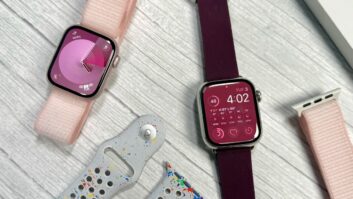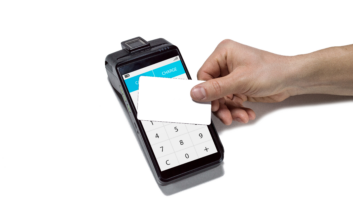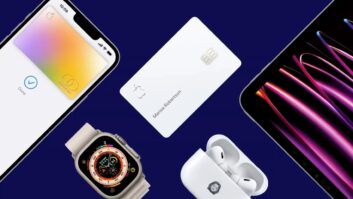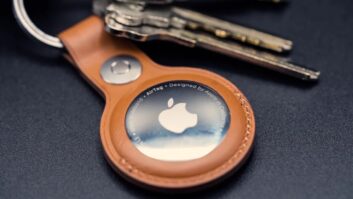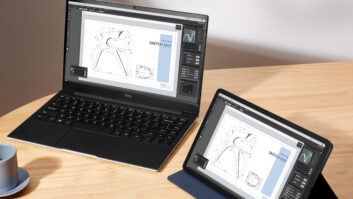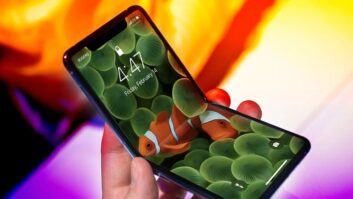As iRex Technologies, a spinoff of Royal Philips, unveiled its $399 wireless Kindle rival Wednesday at the N.Y. Historical Society, the elephant in the room wasn’t just Amazon’s Kindle, but the rumored tablet PC from Apple.First, the iRex is a wireless e-reader due at the end of October in Best Buy stores followed by other retailers in the first quarter. Bloggers have deemed it a credible Kindle rival given its high-profile partners: Verizon for wireless service and the 1,000-plus outlets of Best Buy.
iRex held a little panel discussion after it presented the e-reader, and the topic of Apple’s tablet came up. Penguin Group USA CEO David Shanks said the assumption that we’ll have one device that will handle all our digital needs is not necessarily valid. He claimed, “e-Readers can become the common platform for all reading. If the price comes down, there’s a whole space that opens up around it,” which is the hope of not only hardware makers and carriers like Verizon, but increasingly newspaper and magazine publishers.
It looks like tablets, though, are on their way not only from Apple but from Microsoft, according to Gizmodo. So it’s a no brainer. Why not just use something already in our pockets? But e-readers use some specialized technology such as an e-ink, where the text sits close to the surface so it is more readable. This e-ink system uses very little battery power (only when you “turn” the page). Also, converting a screen to touchscreen degrades the brightness (at least presently) by 20 percent to 50 percent, said iRex CEO Hans Brons. And consumer e-readers today use black and white screens. In other words, there are tradeoffs involved in a multipurpose device.
Analyst Norbert Hildebrand of Insight Media noted we don’t know if Apple is targeting its tablet as an Internet device with full color or as a reading device that would likely be black and white. “I am guessing Internet is a better, larger target. This would mean color display and consequently shorter battery life. Not optimal for a dedicated reading device, unless they opt for a display like PixelQi, currently unproven and therefore risky. Would Apple go for it? Maybe This would be the only way I see that this device could actually fulfill two tasks at once. If this happens, it could be a real game changer and a convergence device similar to the smartphone.”
On the other hand, said Hildebrand, “Apple is very successful with the iTunes store, but building up a book section is quite an undertaking even for Apple. Are there any logical partners for Apple – possibly, but not very likely as Apple doesn’t like partnerships where they are not in complete control.”
Of course, that hasn’t stopped Apple from winning over cellular carriers and music publishers that also like control, and before anyone underestimates Apple, here’s a great analysis from long time analyst Tim Bajarin.
Hildebrand concluded, “I don’t think that this is a real threat for the EBR [electronic-book reader] guys at this moment. The first rush into EBRs is driven by avid book readers, not Internet junkies. I believe for the first one or two years they will be co-existing nicely; the fight will start when the general public comes in and decides. I guess this is still at least three years out.”




